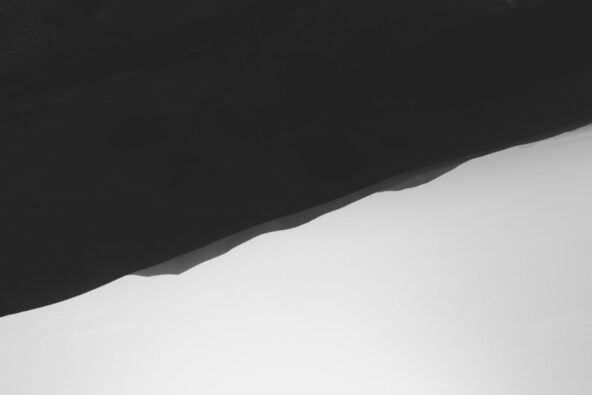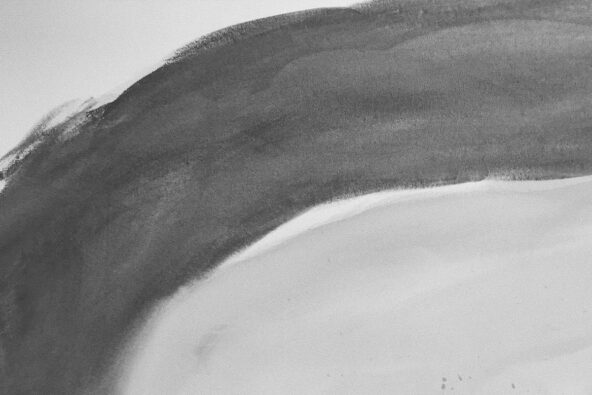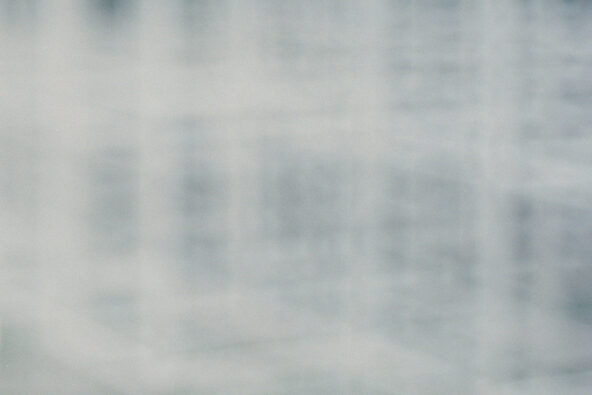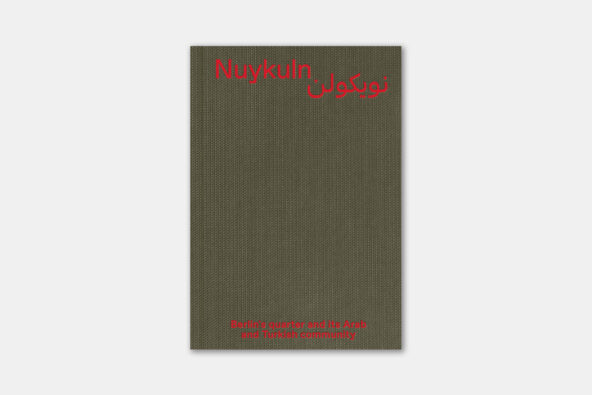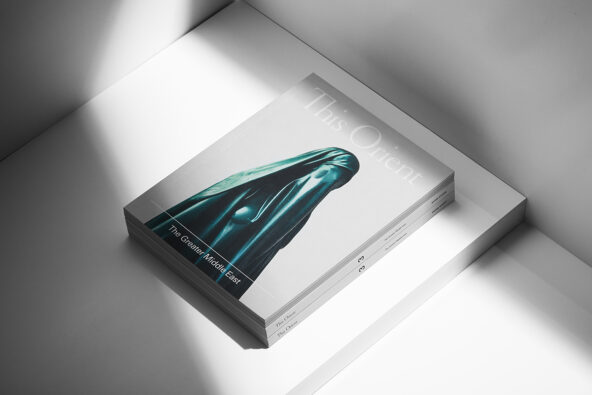Dance is the pursuit of pleasure and of purpose
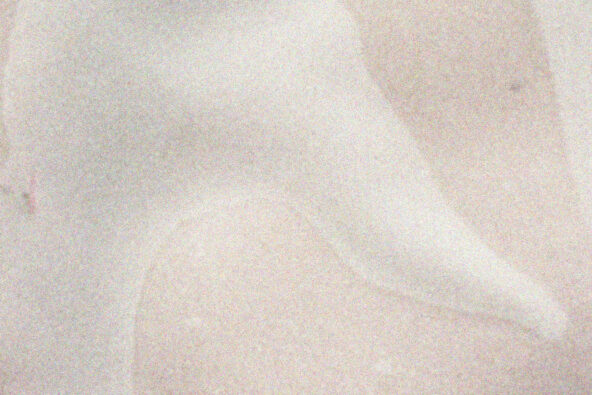
I read somewhere that the only times we move our bodies solely for the pursuit of pleasure are during sex and dance. At first reading, this makes sense. But the more I thought about the most powerful and memorable times I’ve danced, this didn’t quite add up.
True, dance is used for pleasure. The irresistible foot-tapping, hip jerking, head swaying that accompanies any good beat. Euphoria is letting go of all inhibition, taking up space and letting your body do whatever it wants. Sometimes I surprise myself when my arms fling into the air and my hips twirl in a circle, my eyes roll in tandem with my neck and I have to stop myself from leaping in the air. It’s almost as if mind and body are disconnected – my body, a feral animal and my mind, the tamer.
“Dance like no one is watching” is no hollow statement – it’s only when you become aware of others watching you that you might become embarrassed, and thus limited, in your movement. Why are we so embarrassed by the natural yearning of our bodies to feel rhythm vibrating through our joints and beats pulsing through our blood?
Dance is not just the pursuit of pleasure, it has a purpose too, especially throughout the Middle East. The Iraqi Kawliya dance is used among traveller communities as a means of both fertility rite rituals and for making money by touring their performances. The Shamadan in Egypt showcases a dancer balancing a large candelabra on her head as she moves through the city streets parading a new bride and groom. The famous Palestinian Dabke is almost a nationalist statement, whereas the Deheyeh, a Bedouin dance, was used in ancient times before and after tribal wars in order to catalyse fighting energy.
But no other dance is more spiritually purposeful than the tanoura; a dance with Sufi foundations, its intention is to mimic the Sufi philosophy of the circularity of the universe. And the dizzying motions are intended to transport the dancer and watcher alike into a heady, euphoric state, where intervention with the divine is more likely to occur.
These dances nudge memories of my cousin’s wedding last summer, where my father – a quiet and often awkward man (sorry, baba) – was so overwhelmed with joy, he twirled me around with his hands, clapping and grinning ear to ear. My auntie was an unrivalled performer too, completely taking over the dancefloor with hip jerks and her hand twisting in the air in that very Iraqi way. The brother of the bride became almost possessed by the spirit of dabke and his legs moved in ways I’ve never seen any part of him move before. Looking around the wedding, I couldn’t help but notice how powerful the act of dance was in this moment.
More than just pleasure, this moment with my family served an important purpose: an exclamation of unity, a celebration of love, and a ritual cementing the bonds between blood.
Dalia is a freelance Iraqi-British journalist and editor with bylines in Huck, Cosmo Middle East, Riposte & Notion, focusing on emerging creativity from the SWANA region and diaspora, migrant narratives, and reporting on community-led stories from the margins.
